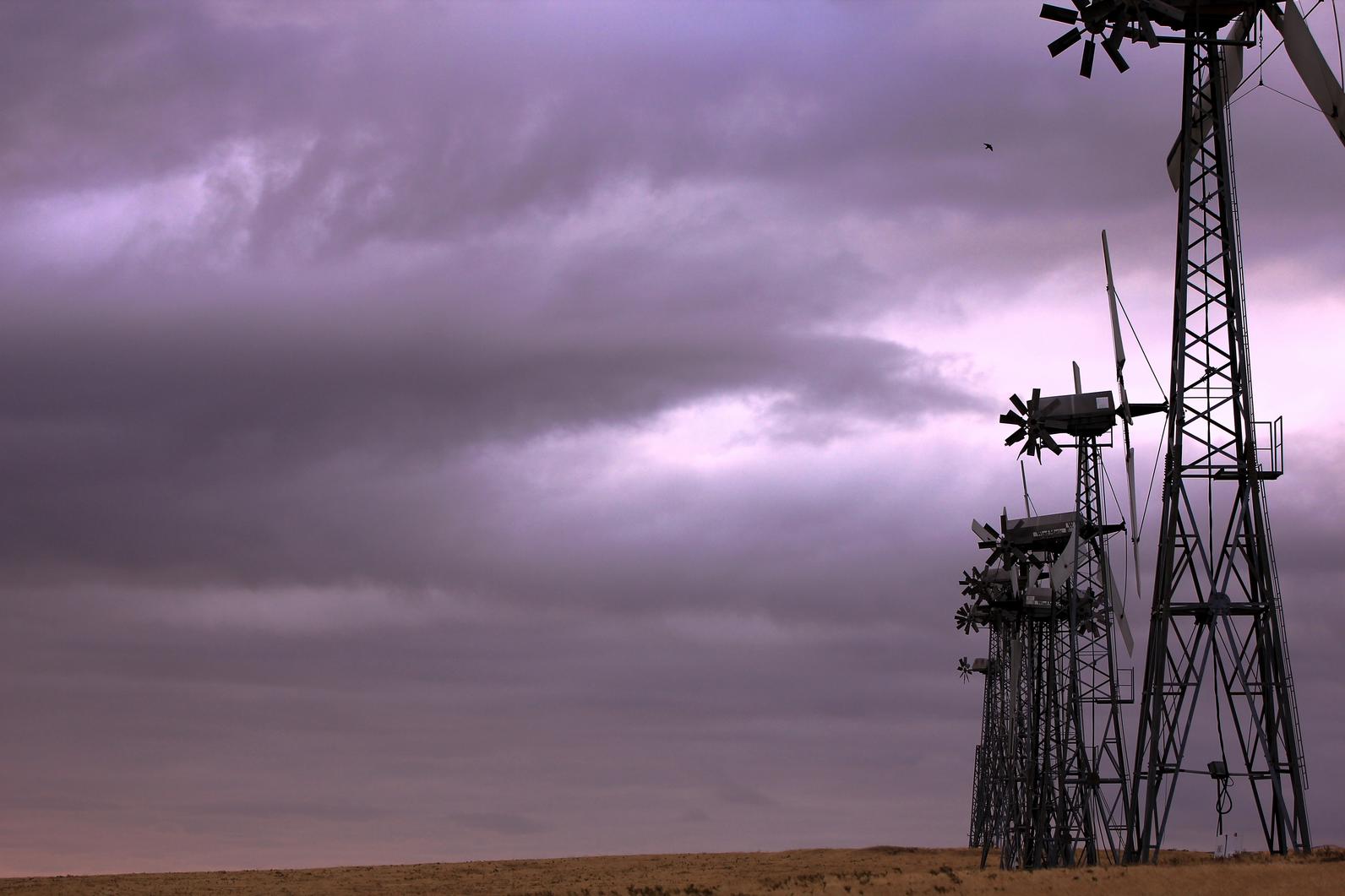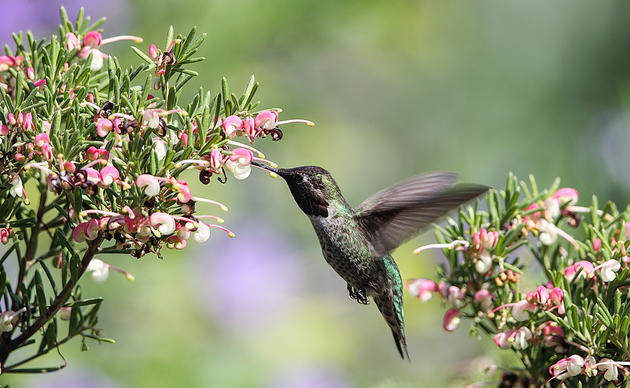The comment period for a proposed rule to extend eagle “take” permits from five to thirty years expires on July 5. The change, suggested by the United States Fish and Wildlife Service, would mean that parties that incidentally harm birds in their regular operations such as wind energy companies could legally kill eagles with little repercussion or monitoring for the extended period of time. To fight back against this change, Audubon is asking members to publicly comment in opposition to the extended-period kill permits.
The change was originally proposed in late 2013, but was brought to a halt last year when the U.S. District Court for the Northern District of California ruled in Shearwater v. Ashe that the permit term could not be extended to thirty years without an environmental impact statement. Now that the environmental assessment is complete, the Fish and Wildlife Service hopes to move forward with the looser permit scheme. Unfortunately, however, the assessment revealed that the alteration could threaten eagle species such as bald eagles and golden eagles.

“The Bald Eagle—the very symbol of America—and the majestic Golden Eagle deserve strong protection,” said David Yarnold, president and CEO of the National Audubon Society. “A program that provides 30-year permits without proven mitigation measures available and without adequate oversight is just not good enough.”
Of the estimated 143,000 bald eagles in the United States, the permit extension would allow for 4,200 bald eagles to be killed or injured annually before labelling the species as endangered. The golden eagle, which lives mainly in the Western U.S. and is held as sacred by many Native American and Five Nations people, would be particularly threatened. Golden eagle numbers—at just 40,000 left in the United States—are already decreasing in California and the other Western states, in part due to wind turbines in California’s Altamont Pass.

The Fish and Wildlife Service argues that because evaluations would still occur every five years, further regulations could be put in place to protect eagles as necessary. However, Audubon California believes that the Service lacks the resources necessary for such a strategy to be effective. Also troublesomely, the counting of eagles killed falls upon the wind companies and not an independent party.
Monthly Giving
Our monthly giving program offers the peace of mind that you’re doing your part every day.




